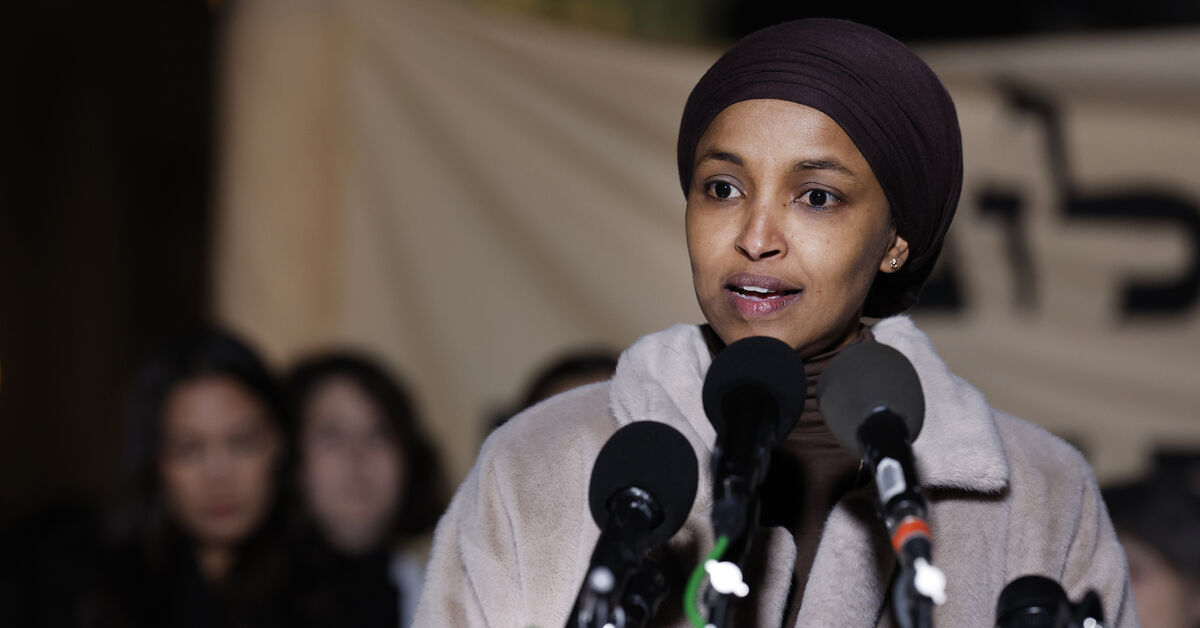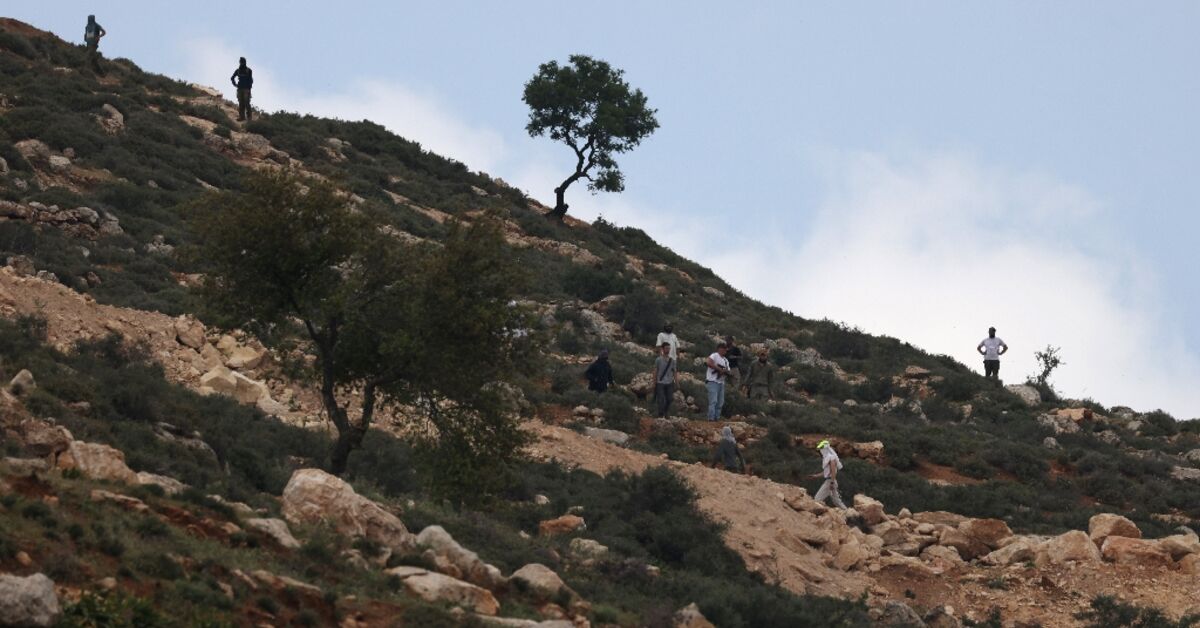
Many see Turkey as an more and more interventionist power in its surrounding areas, but in addition as a mediating power. From its army interventions into Syria and Libya to its backing of Azerbaijan within the Nagorno-Karabakh battle, Ankara has labored to ascertain its personal assertive international coverage utilizing new army capabilities over time. It has been removed from a impartial participant.
Critics of the nation or its authorities declare that such strikes are proof of the emergence of neo-Ottoman imperialism, whereas supporters agree with pleasure, and see it as a trigger for justice within the area. The query that either side anticipate, although, is whether or not the interventionist coverage would ever attain into Europe – its western entrance – within the close to future.
That chance has appeared to current itself over the previous few months within the ever-troubled Balkan area, the place long-standing ethnic and nationalist tensions between Bosniaks and Serbs have once more flared up in latest months.
Nationalist lawmakers in Republika Srpska, the Serbian entity in Bosnia, voted in November to start withdrawing from Bosnia’s central armed forces, tax system and judiciary. Bosnian Serb chief, Milorad Dodik, then voiced his help for the measure, threatening to interrupt away the Serbian a part of the tripartite federation and revive battle within the area, which barely thirty years in the past noticed atrocities and the genocide of Bosnian Muslims.
Dodik, who has lengthy been a critic of the tripartite system and the 1995 Dayton peace accords which ended the battle, was even sanctioned by the USA in early January for “destabilising and corrupt actions and makes an attempt to dismantle” the established order.
Additional than merely threatening to interrupt away from Bosnia and Herzegovina, Dodik additionally warned that, if sanctions and different actions are imposed by Western nations, then Russia and Serbia would come to assistance from Republika Srpska.
Add that to the open singing of Serbian anti-Bosniak songs earlier this month – and lots of who lived via the earlier battle really feel that the tone and temper is precisely just like that on the verge on the outbreak of warfare in 1992.
Since then, nonetheless, issues have been trying extra secure. That’s largely right down to the involvement of the Turkish authorities, which hosted the Serbian President, Aleksandar Vucic, this month, in an effort to calm the tensions. Vucic has emphasised that no ethnic group within the Balkans needs one other battle and that “we should work collectively to guard the peace”, whereas Dodik praised the Turkish mediation and stated “the destiny of Bosnia-Herzegovina is determined by the dialogue of native politicians with the help of Erdogan, Vucic and [Croatian President] Milanovic”.
Why are the US and EU silent about Serb secessionist Milorad Dodik?
The tensions within the Balkans are removed from over, after all, and the clunky, corrupt and largely dysfunctional system of tripartite governance in Bosnia-Herzegovina appears to largely function an interim political course of that has stalled over virtually three many years. Many predict its setup will probably inevitably and, finally, result in a renewed battle within the not-so-distant future.
If – or when – these tensions do escalate to the extent that they did in 1992, then there may be real and bonafide curiosity as to what position Turkey would play in such a scenario. The Turkey we see at this time isn’t the identical Turkey the earlier era noticed within the early to mid-90s, when the federal government was fiercely secular and the nation was comparatively geopolitically weaker than it’s now.
The enforced secular angle meant that Turkey, and far of its political class, didn’t overtly share that non secular affinity with the Bosnian Muslims as a lot of the Turkish inhabitants did.
That’s not to say that there was no sympathy or help for Bosnia from Ankara. There was definitely vocal help from each presidents through the course of the battle – Turgut Ozal urged the US and the worldwide group to intervene in Bosnia and helped foyer the United Nations to cease the Serbian aggression. He even threatened to halt the usage of the Incirlik Airbase by the US-led Gulf Struggle coalition, until motion was taken in Bosnia.
His successor, then-Prime Minister, Suleyman Demirel, additionally called for worldwide intervention into the Balkans, believing “What was accomplished to finish the occupation of Kuwait ought to be accomplished in Bosnia-Herzegovina at this time” and volunteering Turkish troops and plane for such motion.
Regardless of all that, Ankara nonetheless lacked that non secular component and affinity which will have led to extra motion. Consequently, Bosnian delegations have been compelled to enterprise additional east to different nations – extra open about their Islamic identities and want to guard co-religionists – comparable to Iran and Pakistan, which equipped weapons to the Bosnians via Croatia. Turkey later joined in that effort, however solely after the US lastly obtained concerned and gave the inexperienced gentle.
That sheds gentle on the opposite motive why Turkey didn’t militarily intervene again then: it lacked the geopolitical clout and affect wanted to take a calculated threat in transgressing the complacent insurance policies set by the US, UN and NATO.
In line with an article by the New York Occasions in 1992, a Turkish official admitted that his authorities repeatedly instructed the Bosnian delegations “‘Now we have to play by the principles’… And so they say, ‘However there aren’t any guidelines on the market.’ And so they have tears of their eyes as a result of it is their households which might be dying.”
The actual fact is that, even when Ankara really wished to militarily help or intervene in Bosnia, it needed to “play by the principles” set by the US and the NATO alliance that it is part of. Which will have been largely a self-imposed phantasm, although, seeing because the forces of different NATO member states reportedly assisted the Serb forces of their genocidal efforts: Greek volunteers fought alongside the Serbs, whereas Athens equipped them with arms shipments, and the French Normal who commanded UN forces in Bosnia did not heed the Dutch forces’ name for heavy airstrikes because the Serbs surrounded Srebrenica earlier than the notorious bloodbath.
It’s time for Turkey and NATO to build bridges, not burn them
In all these respects, Turkey is a drastically totally different entity at this time. With out stooping to the frequent branding of Erdogan’s authorities as “Islamist” – a grossly inaccurate time period – it’s extra overtly happy with its Islamic identification and historical past, and it has thrown off a number of the shackles of strict and inflexible secularism.
The rise in its ties with and presence in Bosnia is subsequently heralded as the results of Turkish comfortable energy via the propagation of their frequent non secular identification, seen within the AKP authorities’s constructing or renovation of mosques within the nation.
By way of power and regional hegemony, too, Turkey has superior considerably. Its army ventures into Syria and Libya, and its backing of insurgent teams or authorities forces, exhibits that it has transcended the necessity to anticipate the US or NATO’s permission to enact its personal international coverage initiatives.
Erdogan, being the pragmatist that he’s, nonetheless tries to courtroom their approval when he can, however there isn’t any doubt that Turkey has partially succeeded in making Washington extra of a associate than the paternalistic determine that it was.
If a recent battle broke out within the Balkans, particularly between Bosnians and Serbians, then Turkey might properly militarily intervene this time. Ankara already has army bases in Bosnia and is extra established there than it ever was in Syria and Libya, so a reinforcement of that army presence and the institution of provide strains isn’t troublesome to think about.
Whether or not that intervention would immediately help the Bosniaks or just preserve a mediatory position between the opposing sides isn’t but sure. Both method, a essential impediment which will stand in Turkey’s method is Russia, which has lengthy stood by the Serbs and which Dodik claims would nonetheless defend their pursuits.
However even that itself is unsure, as many additionally thought Moscow would help Armenian forces and stop Azerbaijan from recapturing the Nagorno-Karabakh area in 2020, which turned out to not be true. If Russia does step into the Balkans battle in help of the Serbs, Turkey would probably resort to cooperating with Russia in maintaining the peace, as the 2 are already doing in Syria and Nagorno-Karabakh.
Whereas the scenario in Bosnia appears to be calming down and stabilising with Turkish mediation, the dynamics appropriate for an additional ethnic battle in Bosnia are nonetheless current. If that takes place, then, this time spherical, Turkey might army intervene to forestall a second Bosnian genocide, and now it’s wholly in a position to take action.
European Council analyst: Turkey, Azerbaijan drone success ought to fear Europe
The views expressed on this article belong to the creator and don’t essentially mirror the editorial coverage of Center East Monitor.



